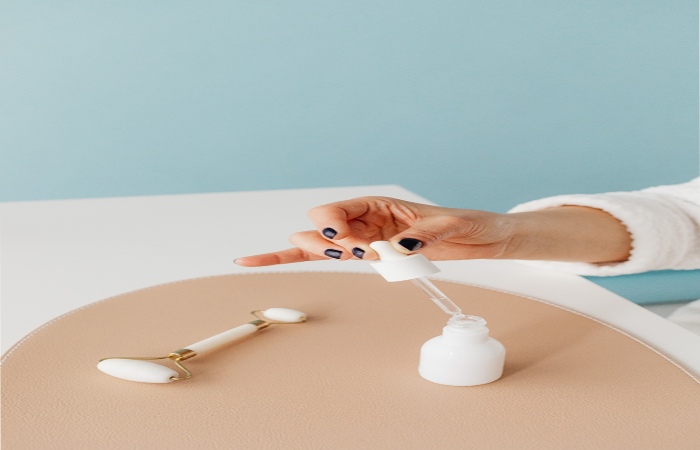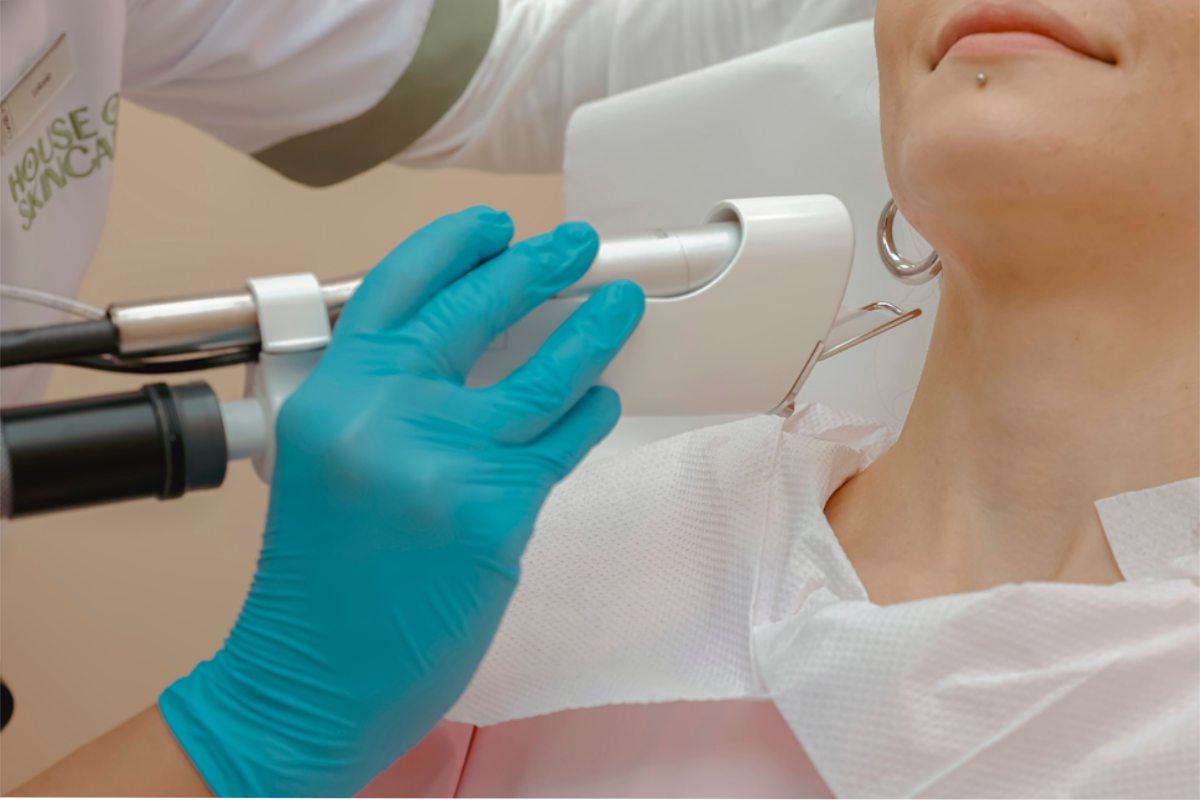Unwanted hair is annoying for many people, so why not get rid of it once and for all? Laser hair treatment is a great way to get smooth, hair-free skin. There are certain things to remember to make sure you get the most out of it. Make sure to use a certified professional with expertise in laser hair removal treatments; go for test patches before full sessions; and expect multiple treatments over time. With the right approach and persistence, you can finally be free from tedious shaves and waxing sessions.
Laser hair treatment has become widely popular in recent years, as it offers a certain level of permanent hair reduction with minimal effort. Here are four essential tips to consider to get the most out of this safe and effective treatment. Simply Laser Hair Removal can help you finally get rid of unwanted body hair for good. There are four essential tips to remember to ensure you get the maximum benefit from the procedure. Here are the four essential tips for achieving maximum benefits from laser hair removal.
1.Choose the Right Provider
Choosing a provider with the right experience and expertise is important when considering laser hair removal. Look for a provider that has experience performing laser treatments on people with skin tones similar to yours; this will help ensure you get the best results possible. In addition, make sure your Provider is certified in laser treatments and follows industry safety guidelines. Not all providers are created equal, and it’s important to do your research before selecting one. Look for a provider who has experience performing laser hair removal and uses state-of-the-art equipment. You should also read reviews from past clients to get an idea of their experiences.
2.Prepare Your Skin Before the Treatment
 Preparing your skin before laser hair removal can help ensure you get the best results possible. One week before your appointment, avoid sun exposure and tanning beds as much as possible. You should also avoid using any products that contain retinoids or alpha-hydroxy acids in the treatment area. On the day of your appointment, ensure your skin is clean and free of lotions or oils. Shave the treatment area beforehand so that the laser can target the hair follicles more effectively.
Preparing your skin before laser hair removal can help ensure you get the best results possible. One week before your appointment, avoid sun exposure and tanning beds as much as possible. You should also avoid using any products that contain retinoids or alpha-hydroxy acids in the treatment area. On the day of your appointment, ensure your skin is clean and free of lotions or oils. Shave the treatment area beforehand so that the laser can target the hair follicles more effectively.
3.Follow Post-Treatment Instructions Carefully
After your laser hair removal treatment, following post-treatment instructions carefully is important. Your Provider will likely recommend avoiding sun exposure and hot showers for a few days after treatment. You should also avoid using any products that contain retinoids or alpha-hydroxy acids on the treatment area until it has fully healed. It’s normal to experience some redness and swelling after treatment, but these symptoms should subside within a few hours or days. If you experience any severe pain or blistering, contact your Provider immediately.
4.Be Patient
Laser hair removal is not an instant fix – it takes time and multiple sessions to achieve optimal results. Most people require between six and eight treatments spaced several weeks apart to achieve permanent hair reduction. During each session, the laser will target only hairs in their active growth phase. This means that some hairs may grow back between sessions but will eventually be eliminated with subsequent treatments. It’s important to be patient throughout the process and not expect immediate results. With consistent treatments over time, you’ll be able to enjoy smooth, hair-free skin without having to worry about constant maintenance.
Conclusion
Laser hair removal is an excellent option for those looking for a long-term solution for unwanted body hair. You can achieve maximum benefits from your laser hair removal treatments by following these four essential tips; choosing the right Provider, preparing your skin before treatment, following post-treatment instructions carefully, and being patient. Remember that everyone’s experience with laser hair removal is different; what works for one person may not work for another. It’s important to communicate openly with your Provider throughout the process so they can adjust their approach as needed based on how your skin responds.

